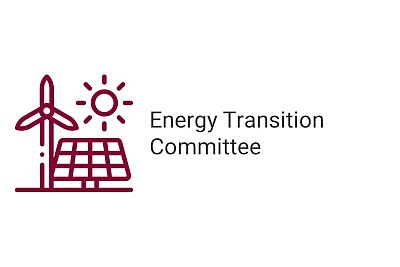2024-06-06
- All
- Conference
- CP WG Publications
- Customers
- Egyéb
- Electricity
- EMER COM Publications
- ET Hub
- Evaluations
- Home Page News
- Internal ERRA Events
- Knowledge Base on Home Page
- Latest News
- Materials
- Natural Gas
- NG COM Publications
- Other Publications
- Past Conference
- Past Events
- Past Training
- Past Webinar
- Podcast
- Public Events
- Publications
- Questionnaires
- RE COM Publications
- Registrations
- Regulatory Story of the Month
- Renewables
- Sectors
- Training
- Training Podcasts
- Webinar
2024-05-30
Réka was a founding staff person of ERRA, she worked with us for more than 10 years. She brought us creativity, elegance, perfectionism, sense of humour and love. Her sudden passing came as a shock to us, our team is in grief and in remembrance. Please pay your tribute to Réka by watching a short video that she prepared for ERRA in 2020 >>.
2024-04-26
2024-04-11
There is no excerpt because this is a protected post.
2024-03-27
There is no excerpt because this is a protected post.
2024-03-25
There is no excerpt because this is a protected post.
2024-03-11
2024-02-26
2024-02-01
There is no excerpt because this is a protected post.



